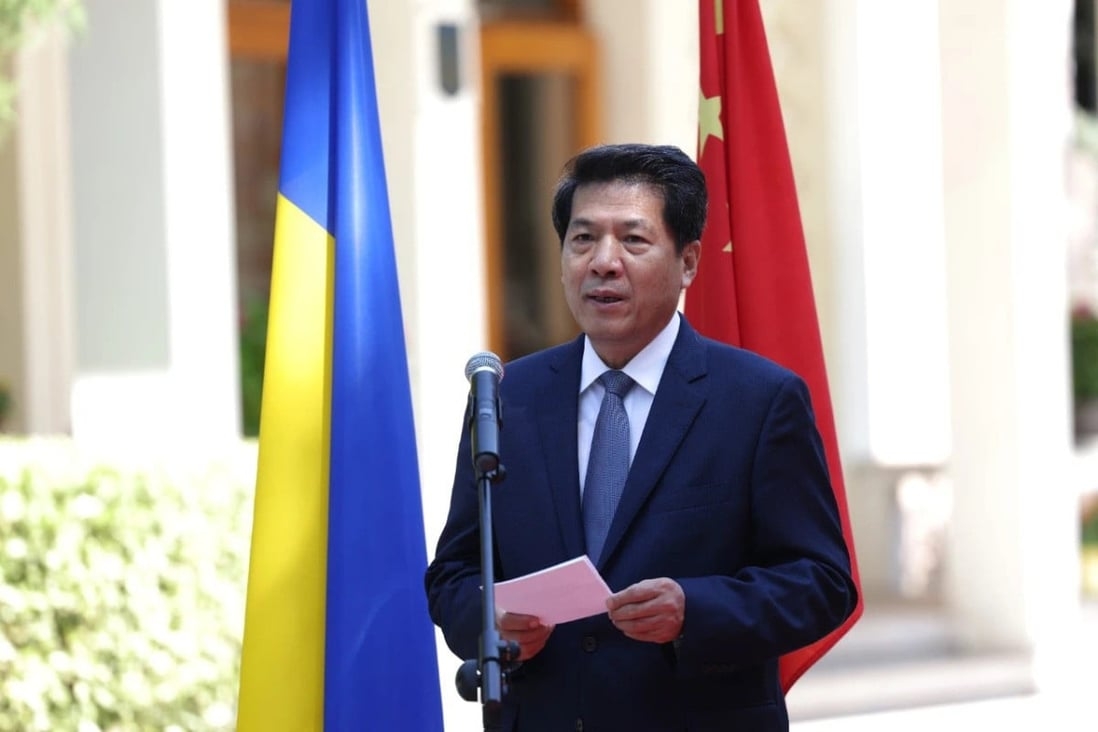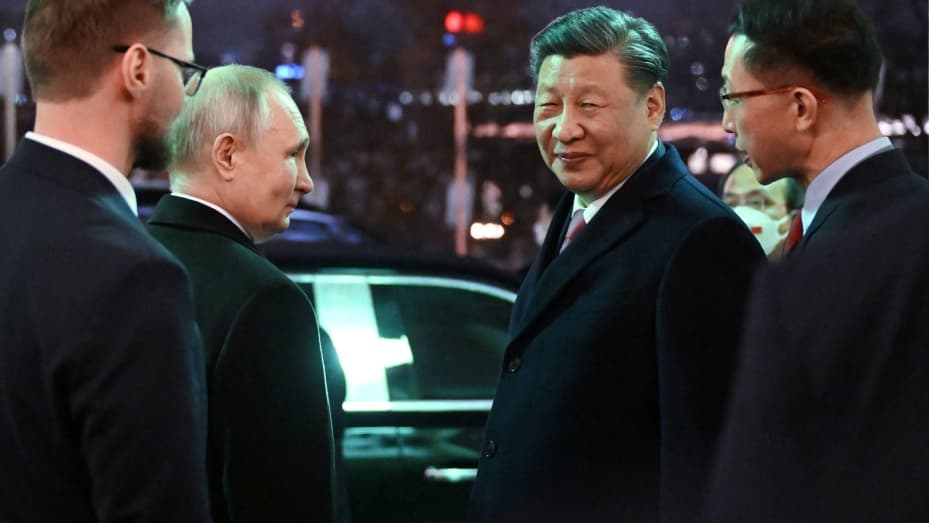BEIJING – This Wednesday marks the end of Chinese diplomat Li Hui’s two-day visit to Ukraine. This visit is the initial leg of a European tour focusing on the ongoing Ukraine conflict. This diplomatic engagement arrives as China seeks to present itself as an arbitrator in the intensifying dispute, despite its strong connections with Russia.
The Chinese administration has been relatively muted about the journey of its Special Representative on Eurasian Affairs, characterizing it as part of a five-nation tour designed to foster dialogue towards “a political resolution of the Ukraine crisis.” As per the recent declaration by the Chinese Foreign Ministry, Li is due to visit Ukraine, Poland, France, Germany, and Russia starting from May 15.
The timing of this tour is noteworthy, occurring just before the Group of Seven (G7) leaders are anticipated to consolidate their opposition against Russia at a summit in Hiroshima, Japan. The tour also coincides with an escalating aerial onslaught on Kyiv by Russian forces, which adds complexity to the circumstances on the ground.
China’s efforts to position itself as a peacemaker have been met with skepticism, mainly because of the nation’s perceived lack of action in putting an end to Russia’s war in Ukraine, which commenced over a year ago with Moscow’s incursion into its western neighbor.
The diplomatic and economic support that Beijing has extended to Russia since the war’s inception has prompted questions about China’s foreign policy objectives among European leaders. Although Chinese leader Xi Jinping has spoken with Ukrainian President Volodymyr Zelensky – promising to facilitate peace negotiations – his more regular interactions with Russian President Vladimir Putin have led to doubts regarding China’s impartiality.

Li Hui, a seasoned diplomat who acted as ambassador to Russia from 2009 to 2019, is the highest-ranking Chinese diplomat to visit Ukraine since the war’s start. His career includes significant contributions to the China-Russia relationship during a crucial phase of intensified collaboration under Xi and Putin.
Analysts interpret Li’s visit to Ukraine as part of Beijing’s calculated endeavor to recast itself as an impartial peace facilitator amid deteriorating relations with Europe. However, this ‘political settlement’ approach has been met with suspicion, primarily because it doesn’t explicitly call for Russia’s retreat prior to a ceasefire.
Ahead of Li’s expected arrival in Ukraine, European Commission chief Ursula von der Leyen emphasized that Ukraine’s peace plan should form the bedrock of conflict resolution efforts. “Ukraine is the country that was brutally invaded. It should therefore be the one to establish the fundamental principles for a just peace,” she stated in Brussels.
While more than 100 countries, including Ukraine and the US, support peace based on the unconditional withdrawal of Russian forces from Ukrainian territory, Beijing has consistently accused the US and its allies of escalating the conflict by providing arms to Ukraine.
The absence of the US on Li’s tour, which Beijing attributes to Washington’s doubtful commitment to peace efforts, mirrors China’s strategic reorientation. The state-controlled China Daily in English suggested that Li’s visit to Poland, France, and Germany was strategic as these countries are “key stakeholders” in Europe with regards to any peace agreement.
As global attention remains fixed on the Ukraine conflict, the spotlight is increasingly shifting towards the role of major powers like China in influencing the crisis’s trajectory. Amid strategic maneuvers and diplomatic power plays, the primary question is whether China’s latest outreach in Ukraine is truly aimed at fostering peace or is a well-thought-out strategy to expand its sway under the pretense of peacemaking. The world is awaiting an answer.
©world-news.biz
